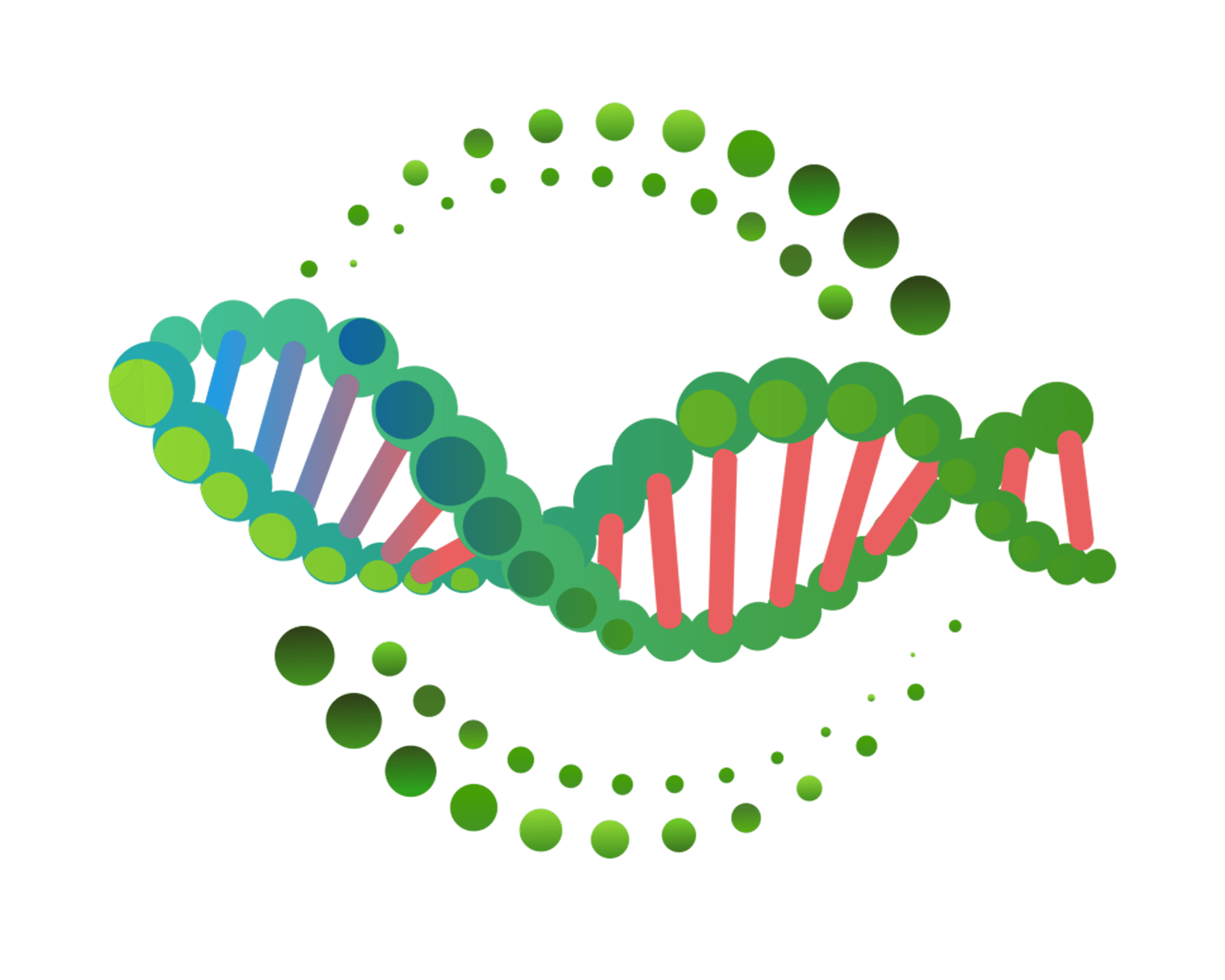Expert Insights: The Future of Hormone and Peptide Therapies
Understanding Hormone and Peptide Therapies
Hormone and peptide therapies have emerged as a significant area of interest within the medical community. These therapies offer promising solutions for a variety of health issues, from hormonal imbalances to chronic conditions. The increasing demand for more personalized and targeted treatments has driven research and innovation in this field.
Hormones are critical chemical messengers in the body, regulating numerous physiological processes. Similarly, peptides, which are short chains of amino acids, play essential roles in various biological functions. The therapeutic use of these compounds aims to restore balance and improve health outcomes.

The Role of Technology in Advancing Therapies
The future of hormone and peptide therapies is closely tied to advancements in technology. Innovations in biotechnology and medical research have paved the way for more efficient delivery systems and improved formulations. Technologies such as CRISPR and gene editing are also being explored to enhance the effectiveness and precision of these treatments.
Furthermore, the integration of artificial intelligence and machine learning in research allows for better predictive models and personalized treatment plans. This technological synergy is crucial for identifying the most suitable therapy options for individual patients, enhancing efficacy and reducing side effects.

Potential Applications and Benefits
The applications of hormone and peptide therapies are vast, ranging from anti-aging solutions to managing chronic diseases such as diabetes and osteoporosis. By targeting specific receptors and pathways, these therapies can offer more precise interventions compared to traditional treatments.
One of the key benefits of hormone and peptide therapies is their potential to minimize adverse reactions. Since these compounds are naturally occurring in the body, they are often better tolerated than synthetic drugs. This aspect is particularly appealing for patients seeking alternatives to conventional medications.

Challenges and Considerations
Despite the promising potential, there are challenges associated with hormone and peptide therapies. One major concern is the stability and delivery of these molecules, as they can be easily degraded by enzymes in the body. Researchers are actively working on developing novel delivery systems to overcome these hurdles.
Another consideration is the regulatory landscape. As these therapies continue to evolve, regulatory bodies must adapt their frameworks to ensure safety and efficacy. This involves rigorous clinical trials and ongoing monitoring to address any long-term effects or risks associated with these treatments.
The Road Ahead
Looking ahead, the future of hormone and peptide therapies is bright, with ongoing research promising new breakthroughs. Collaboration between scientists, clinicians, and regulatory agencies will be essential in bringing these therapies from the lab to mainstream medical practice.
The continued exploration of these therapies not only holds potential for improving patient outcomes but also represents a step forward in personalized medicine. As we deepen our understanding of how hormones and peptides influence health, we move closer to unlocking their full therapeutic potential.
